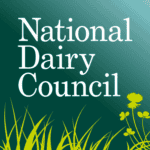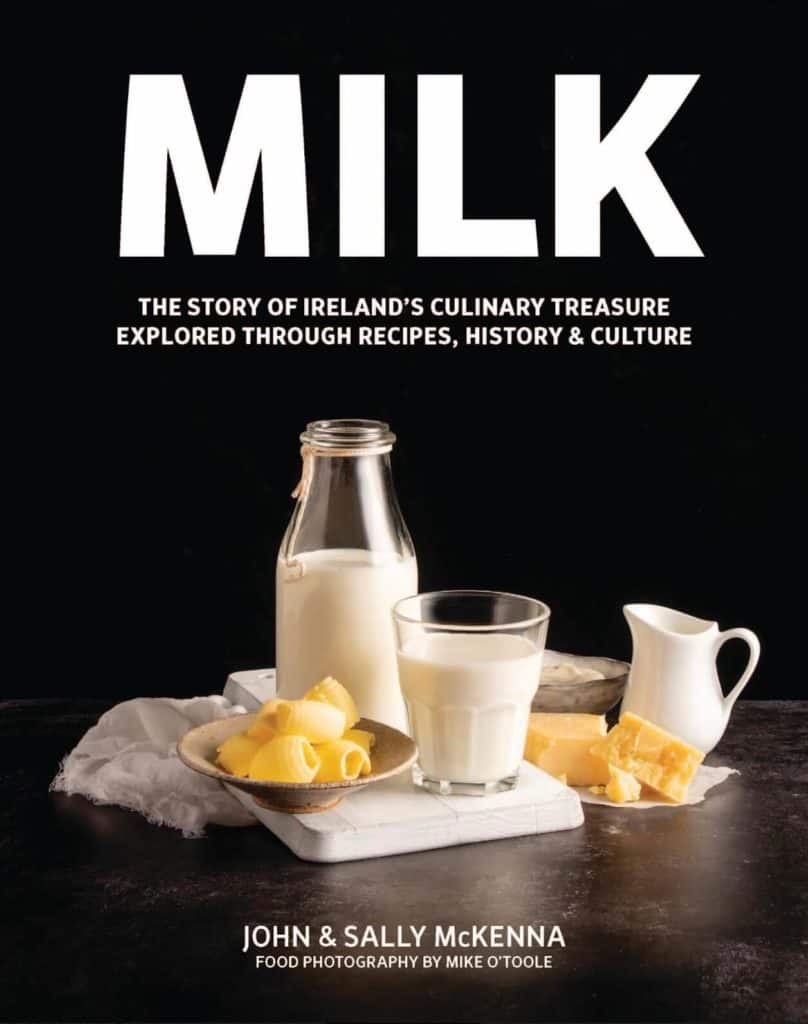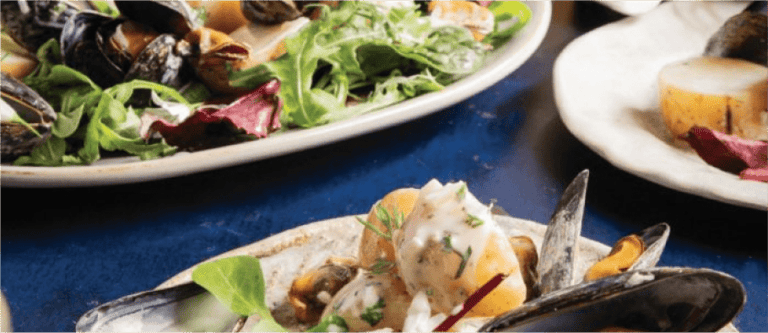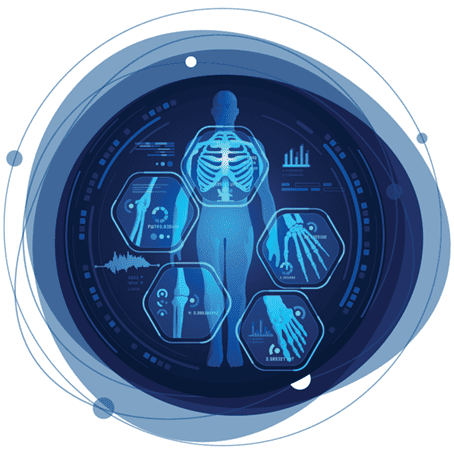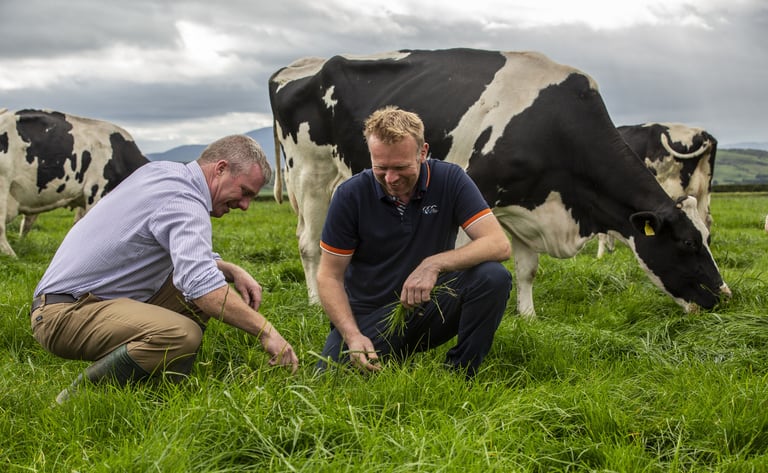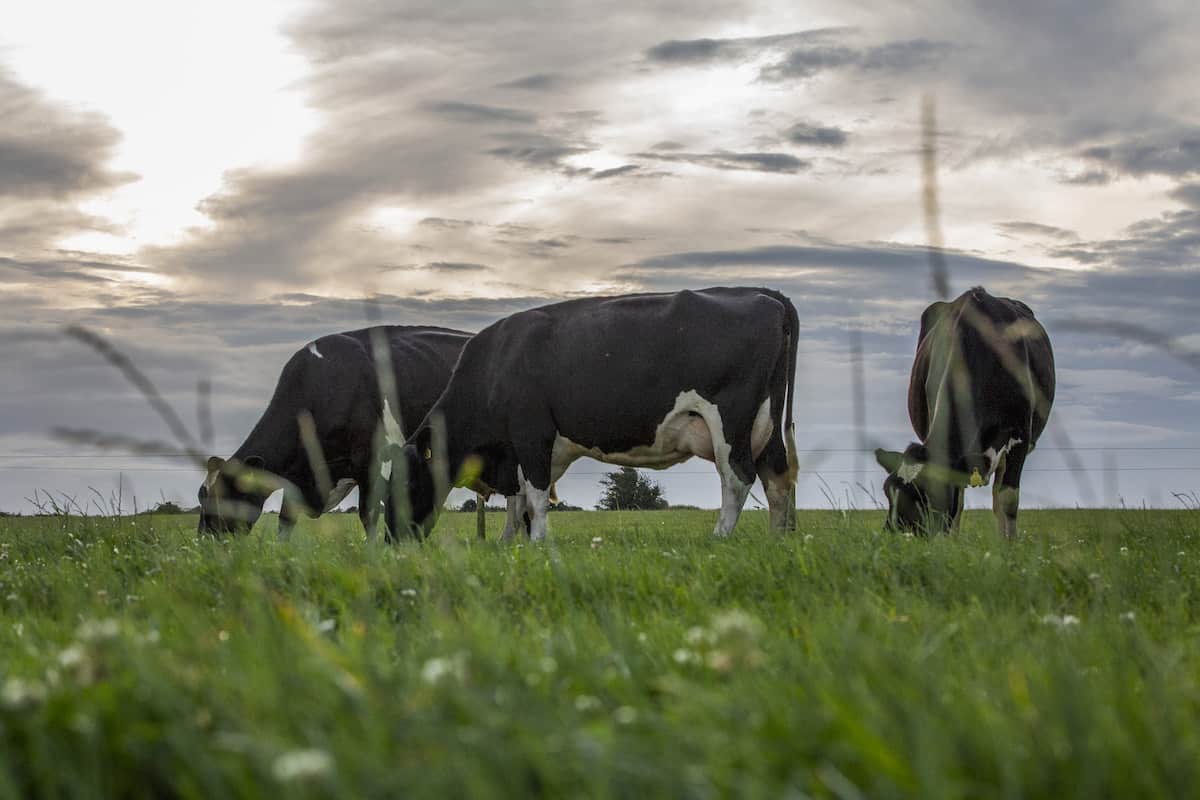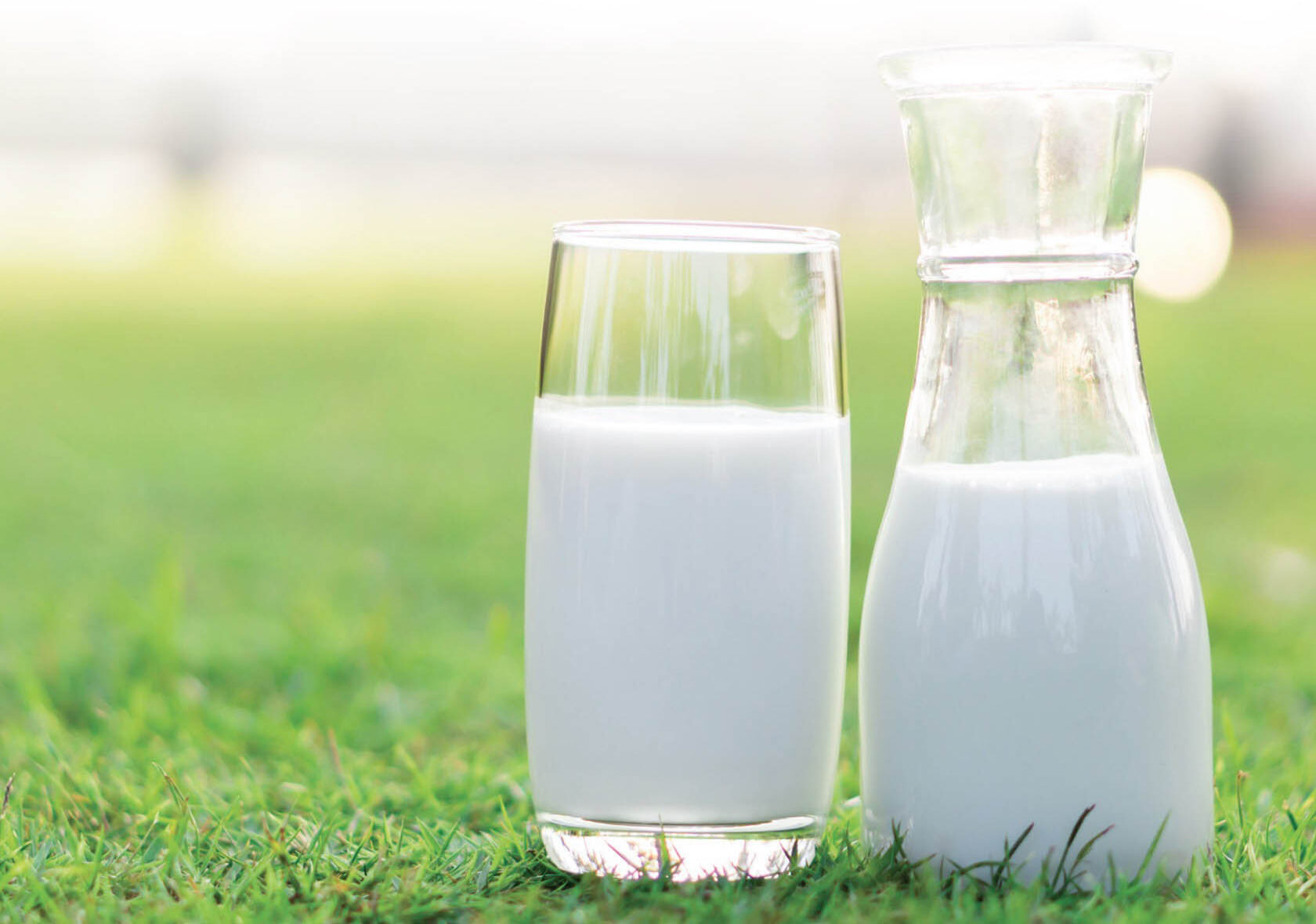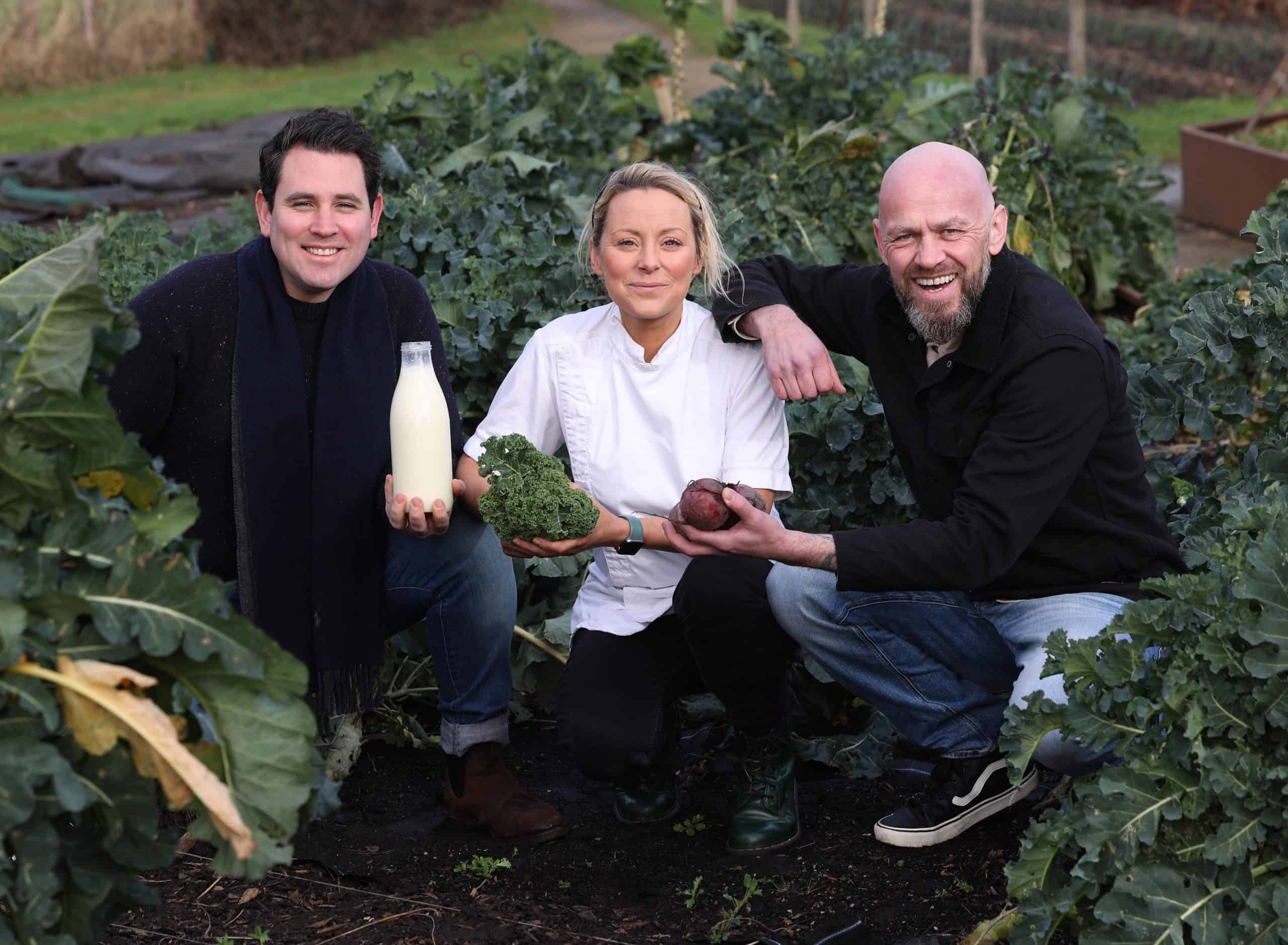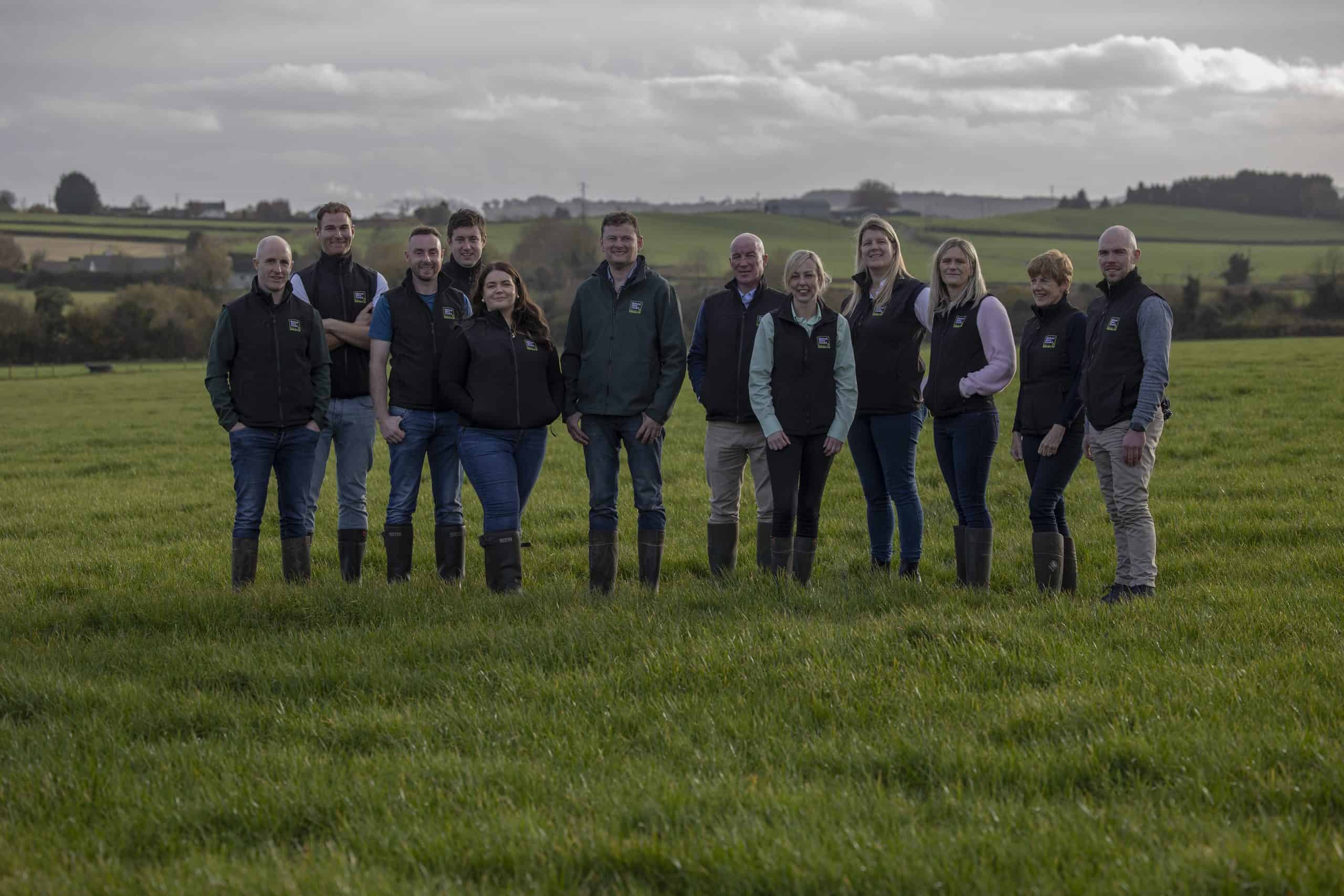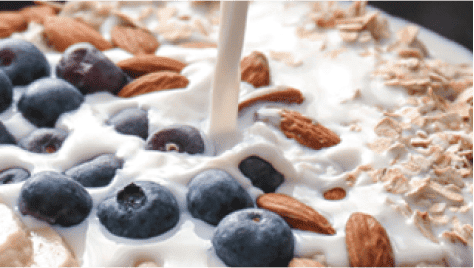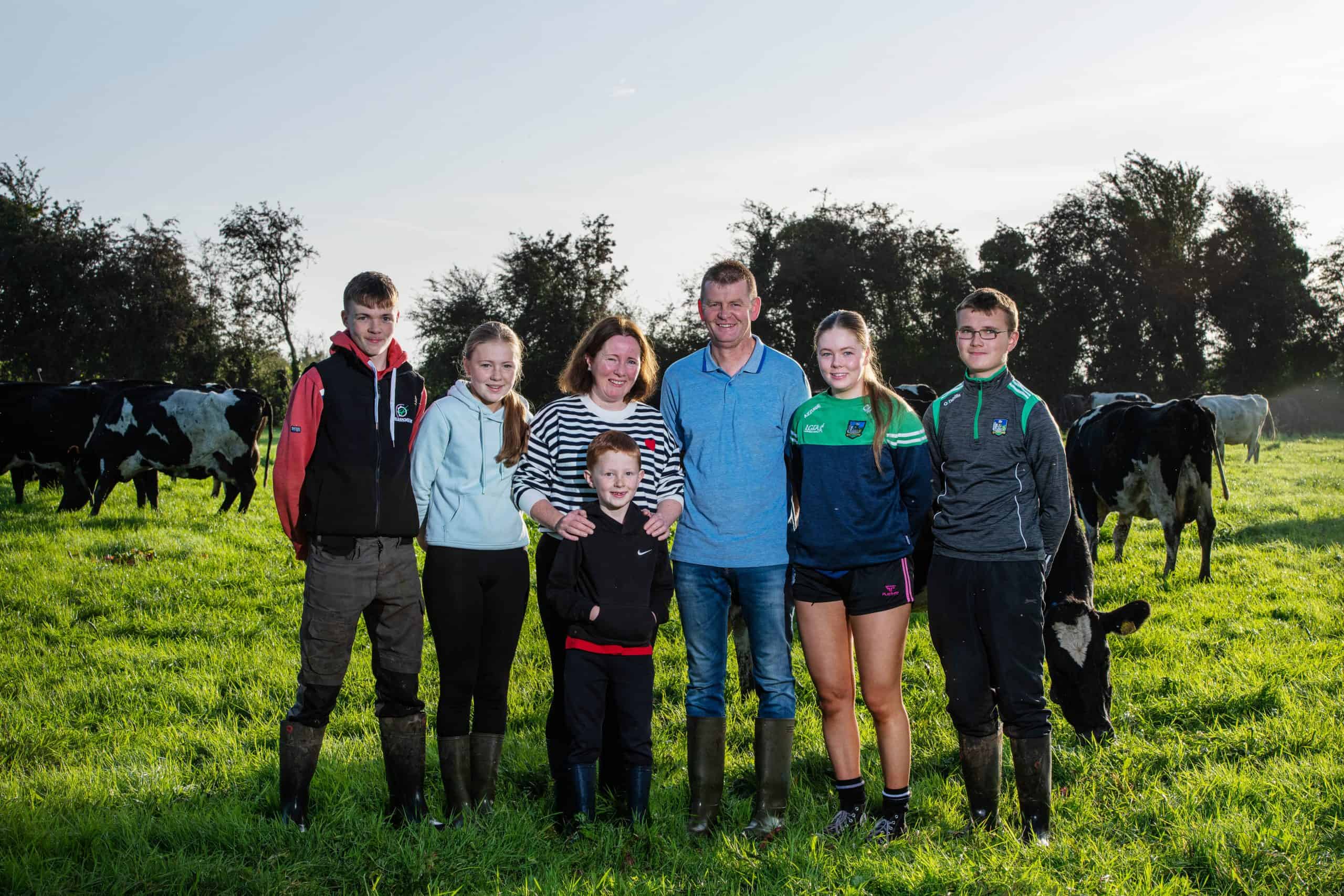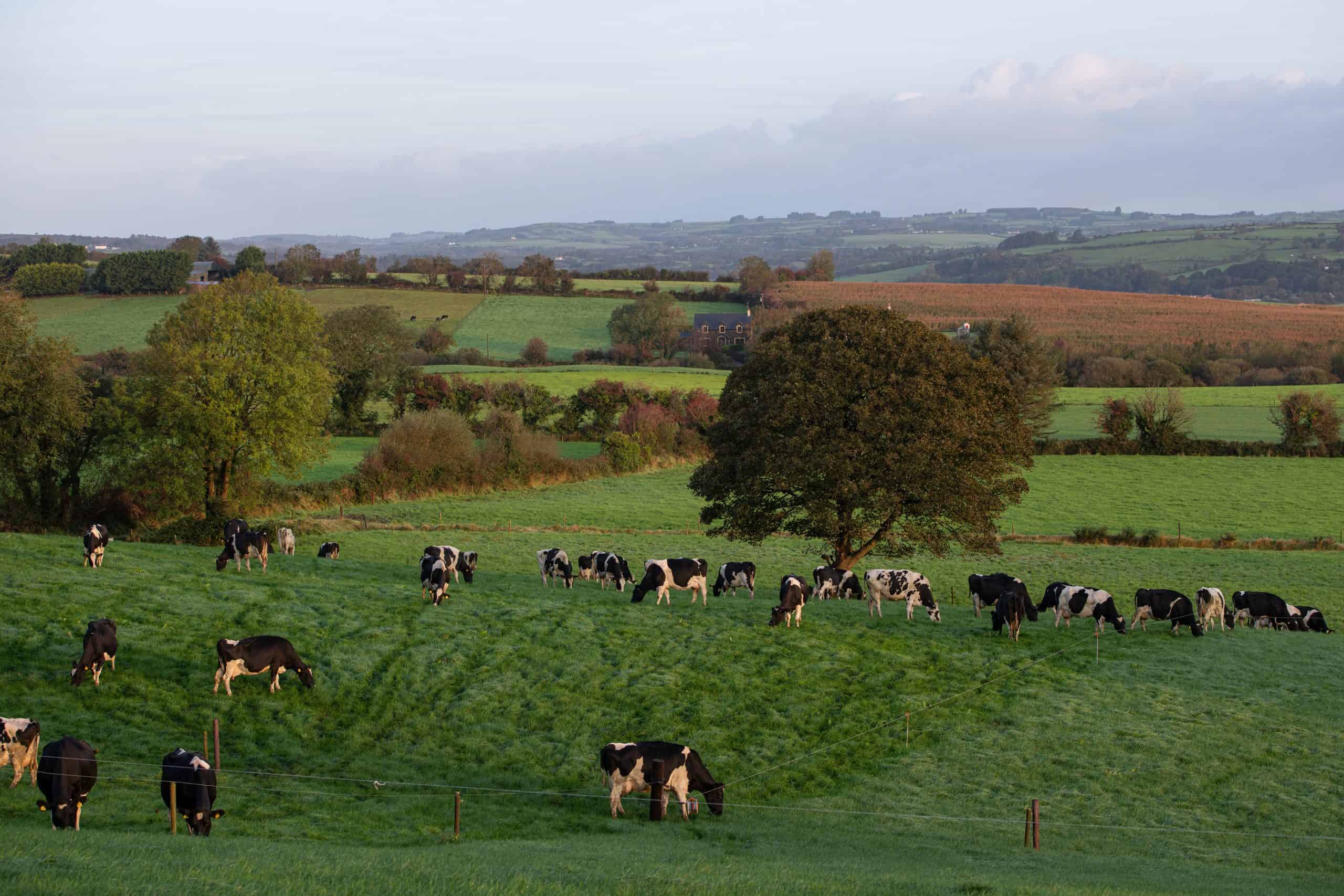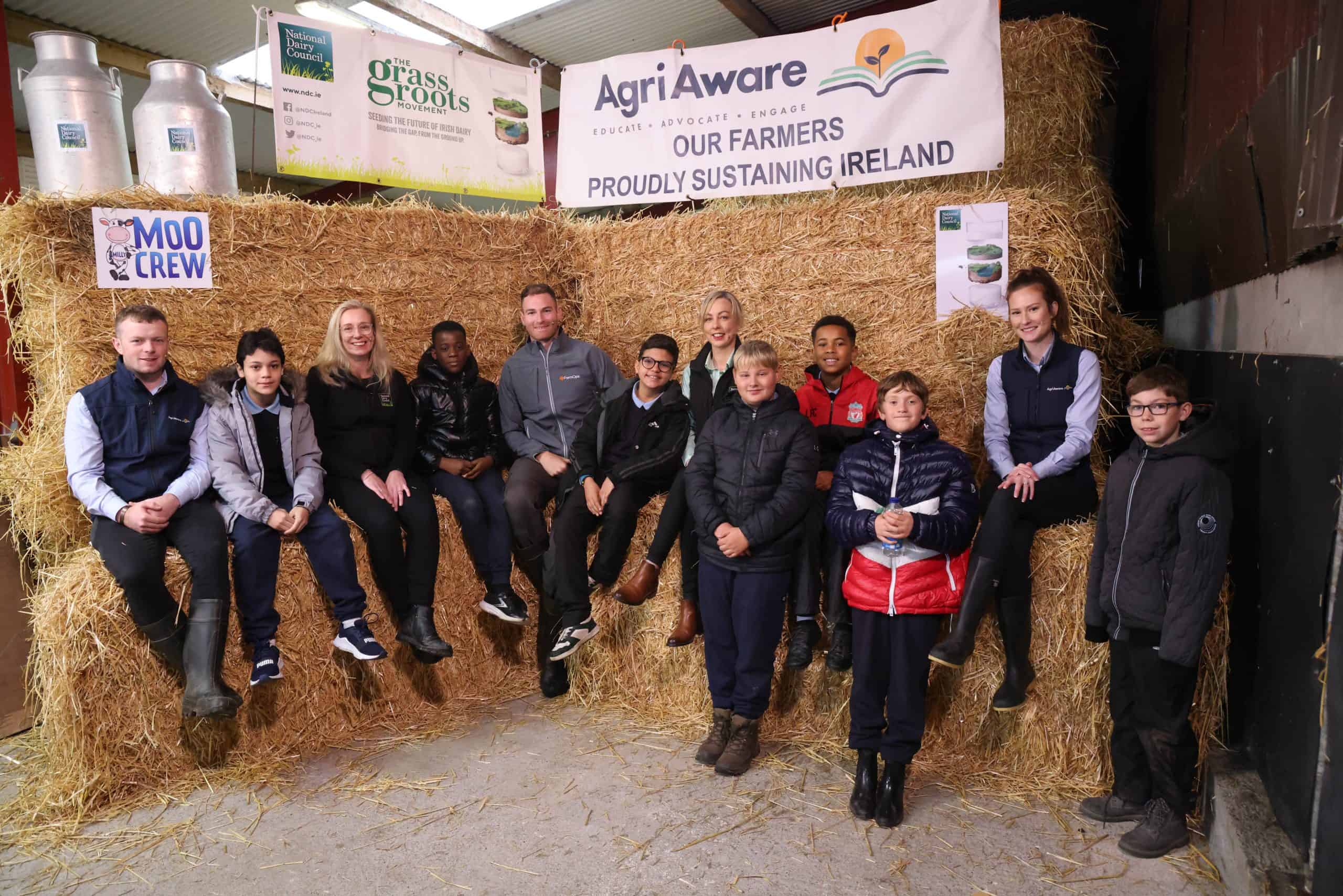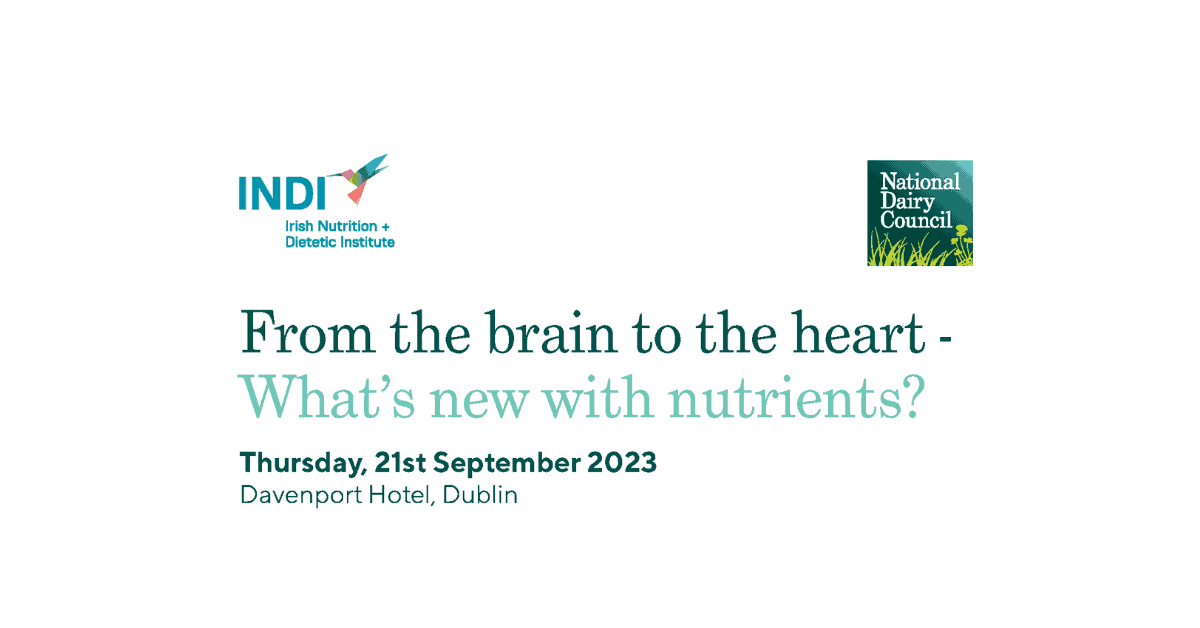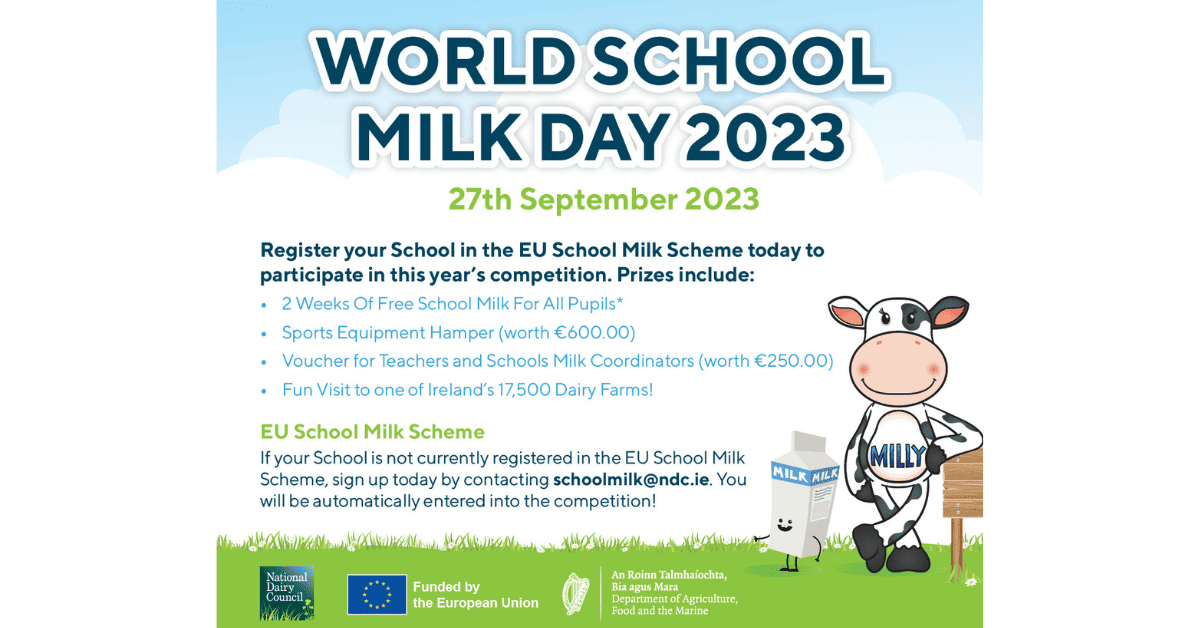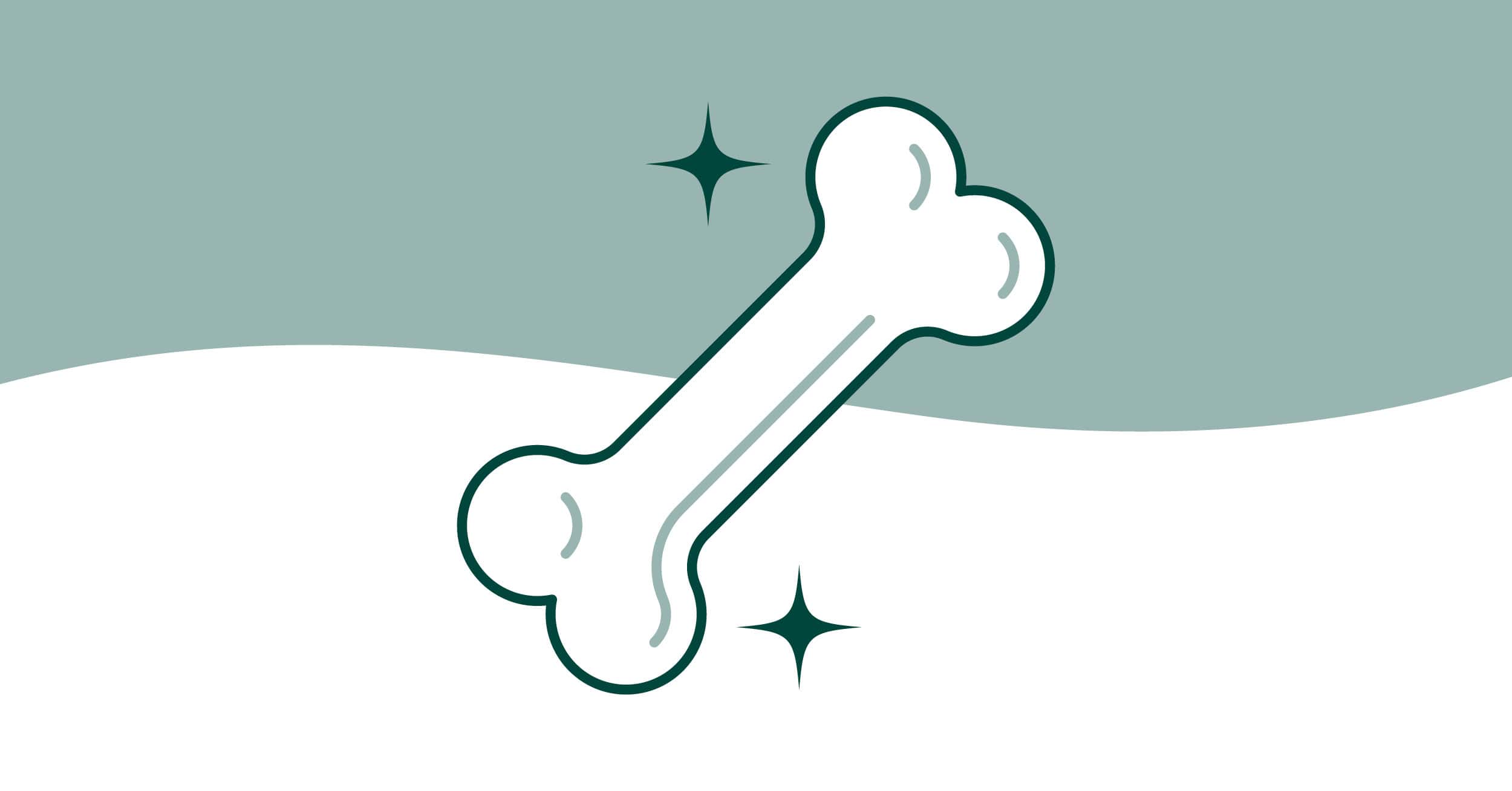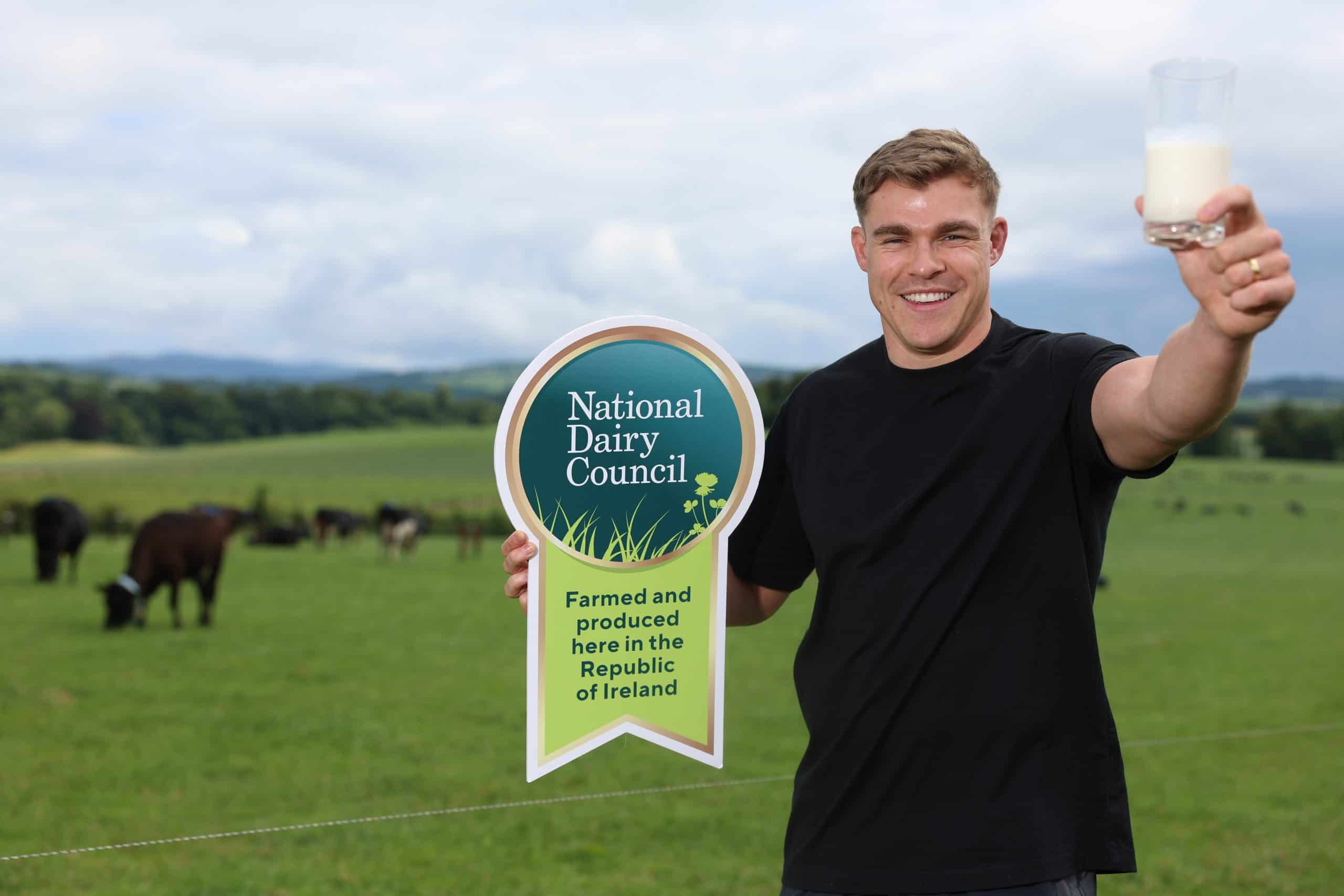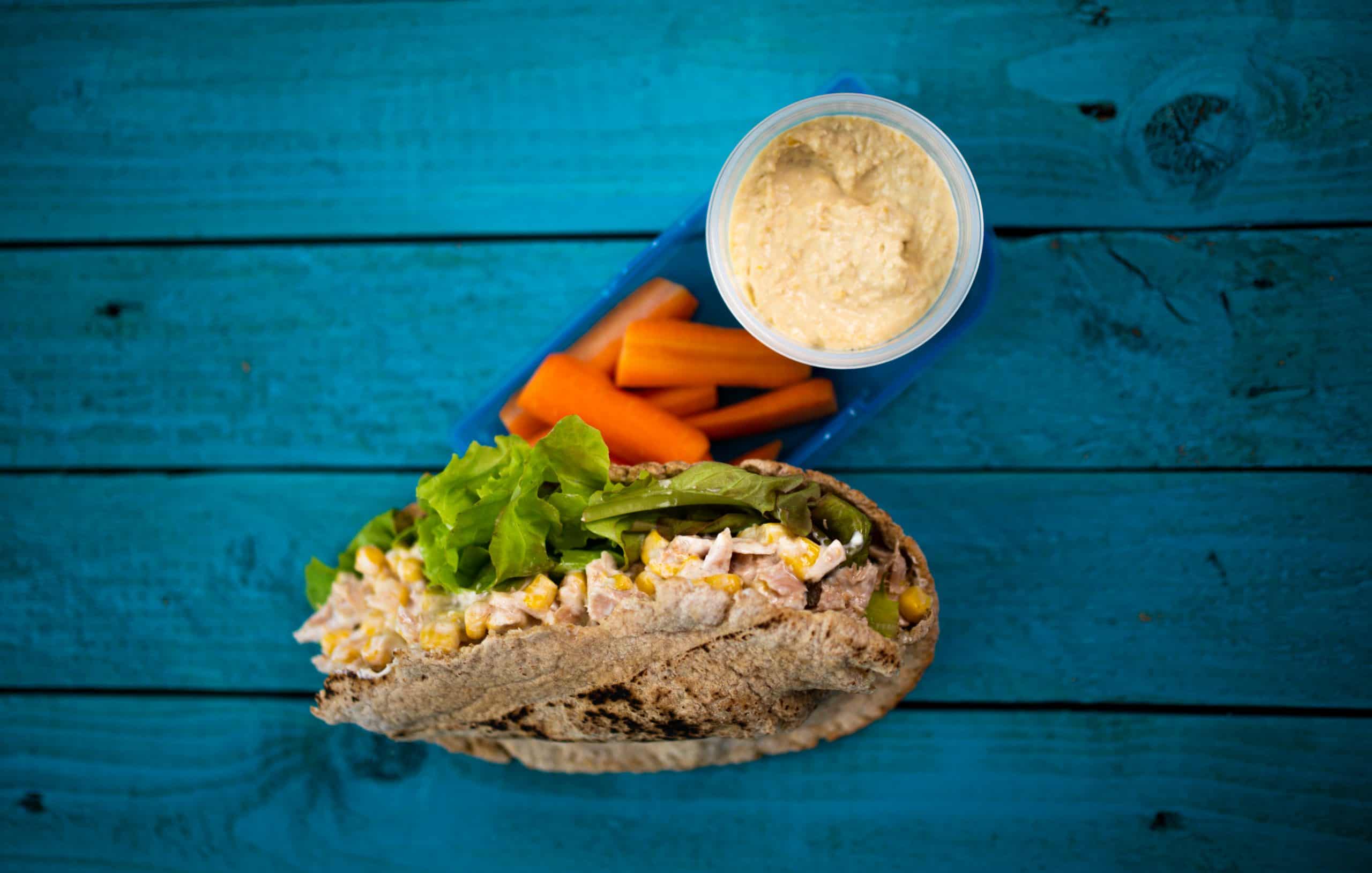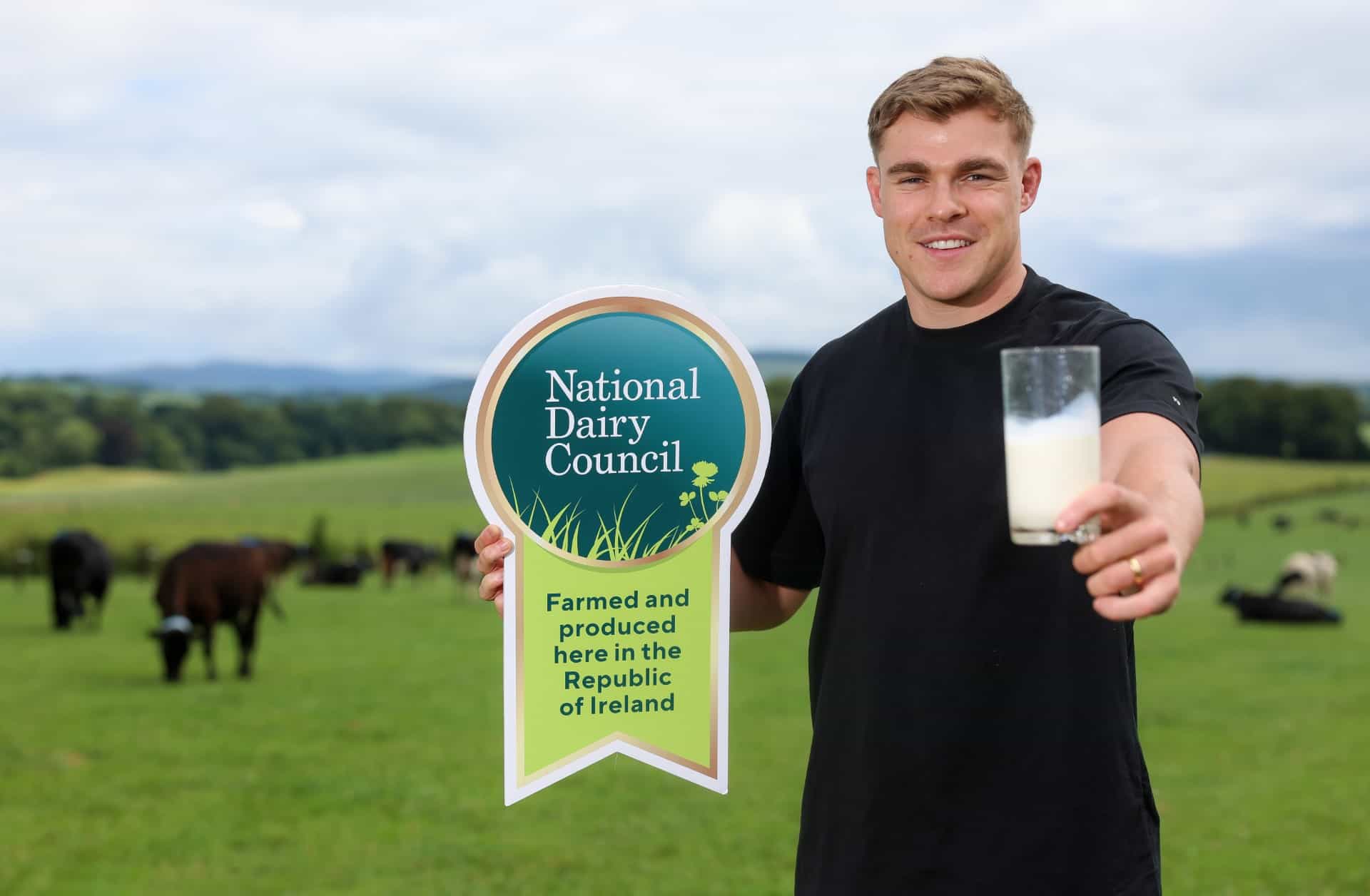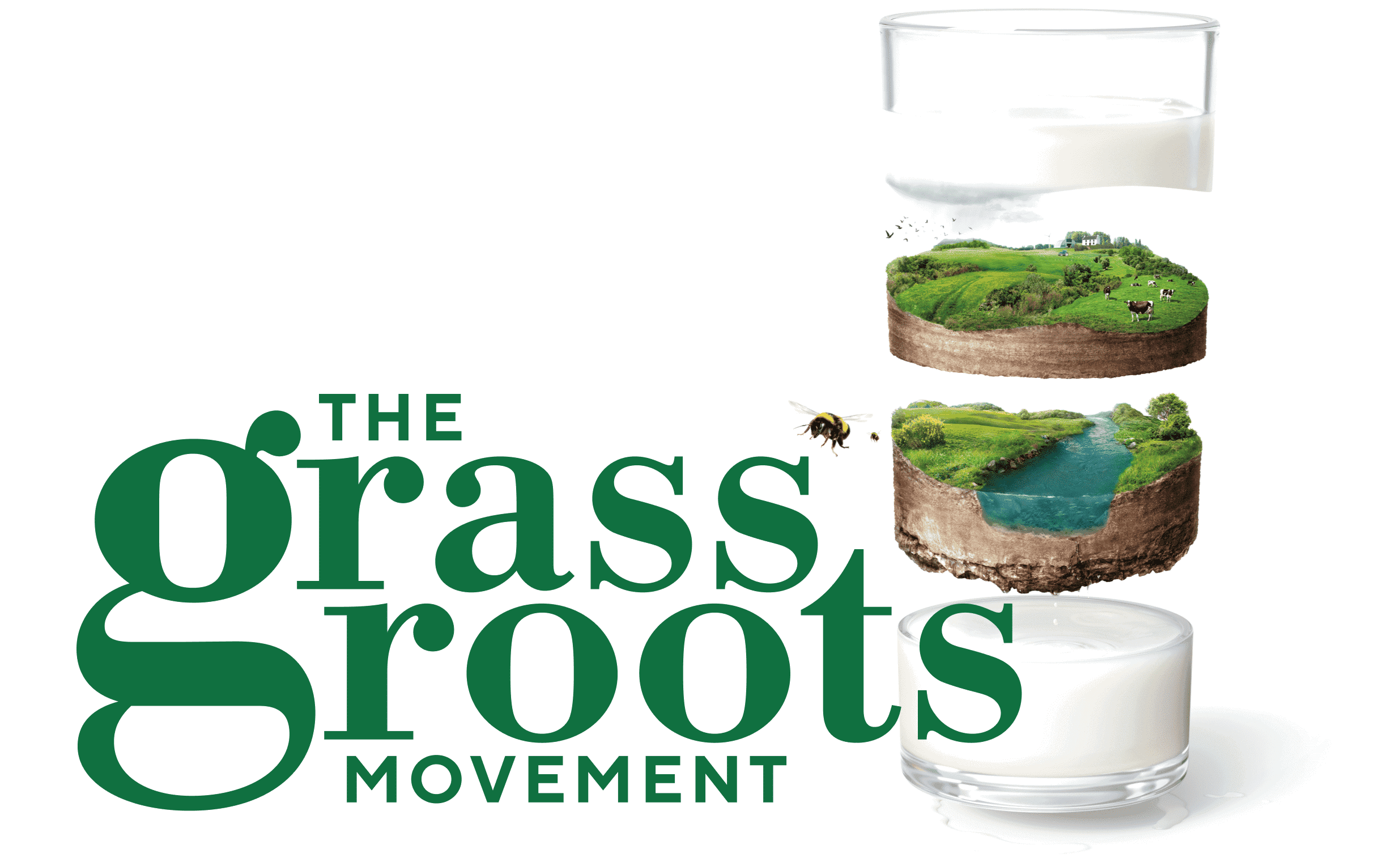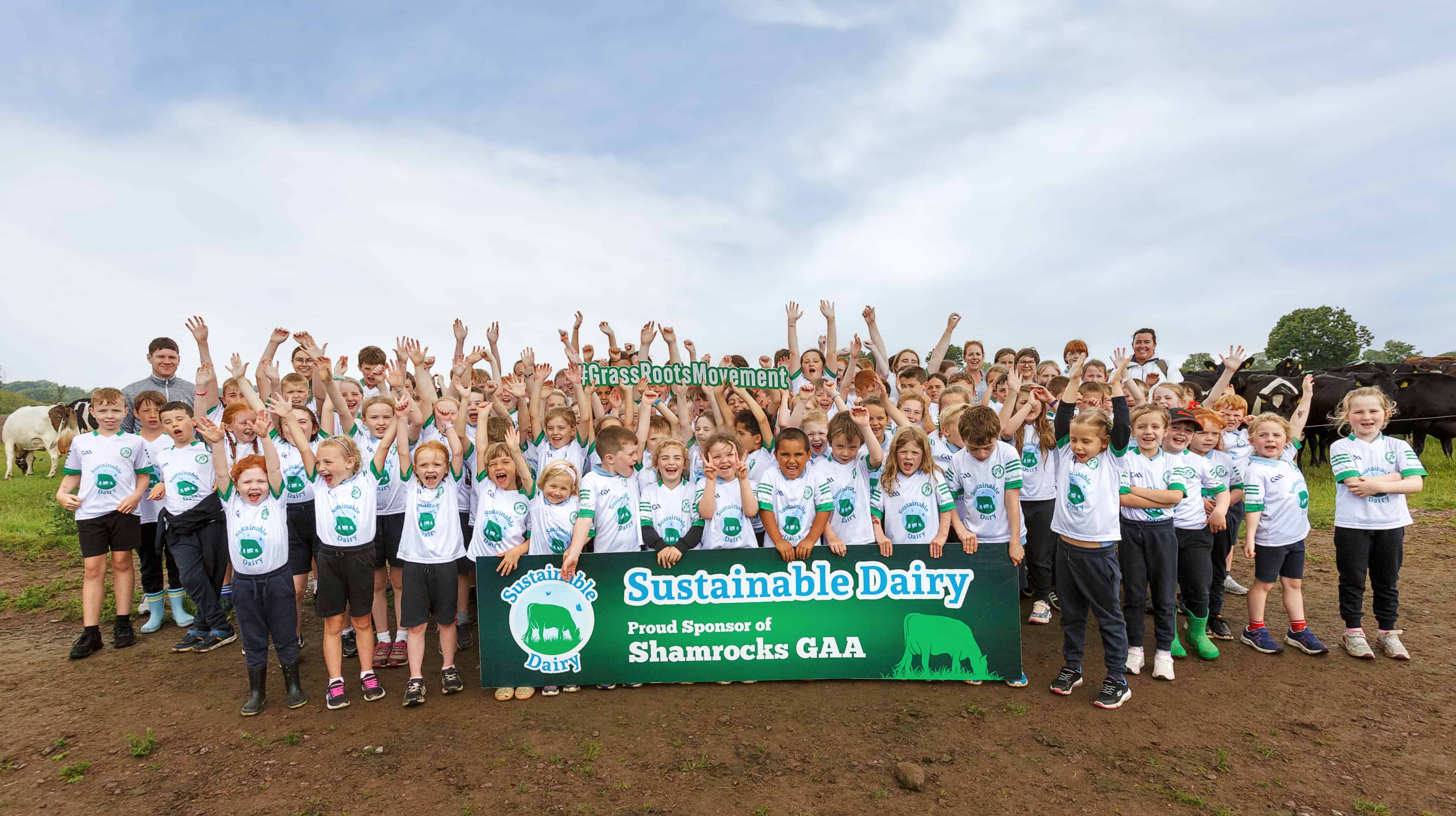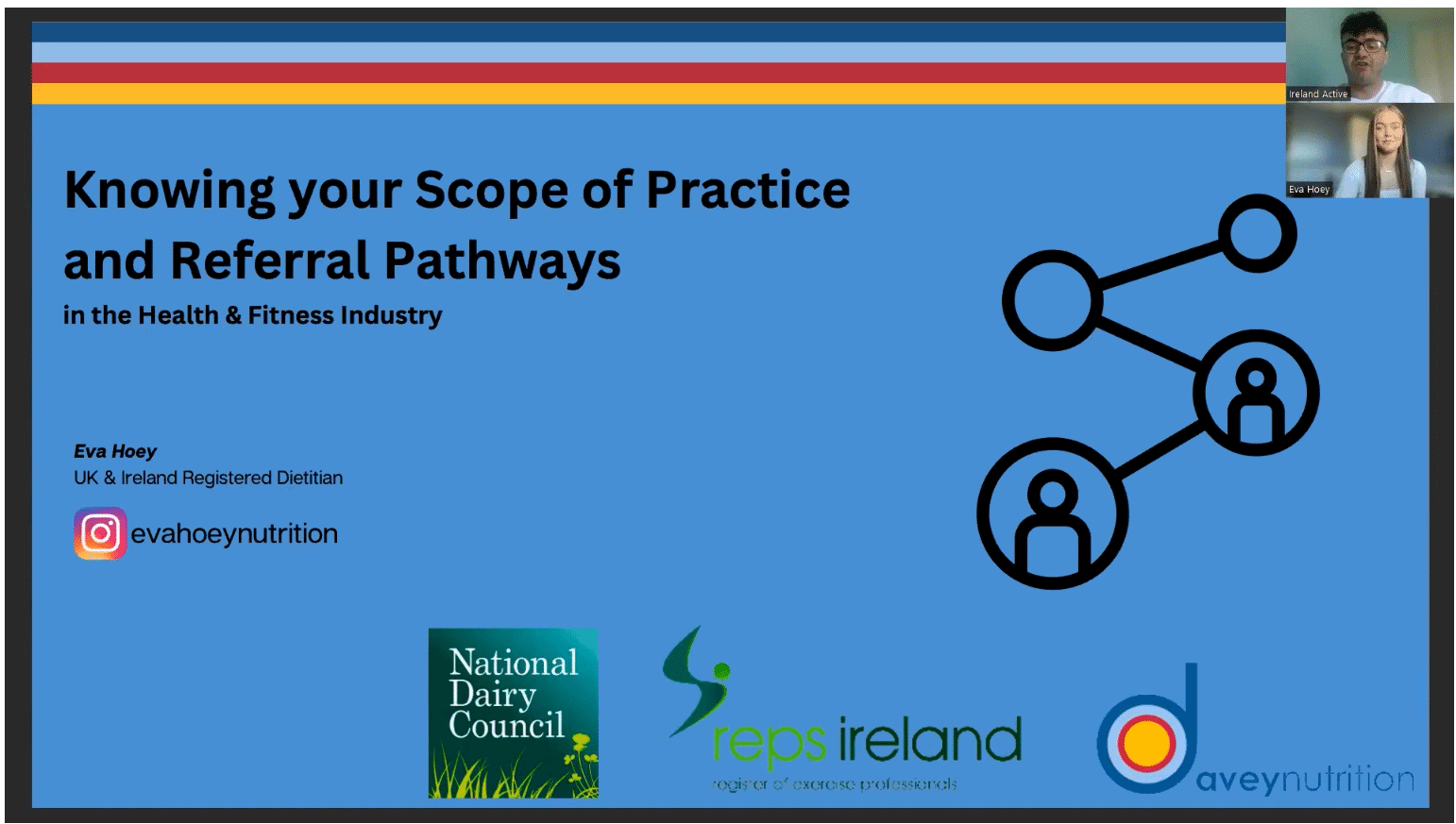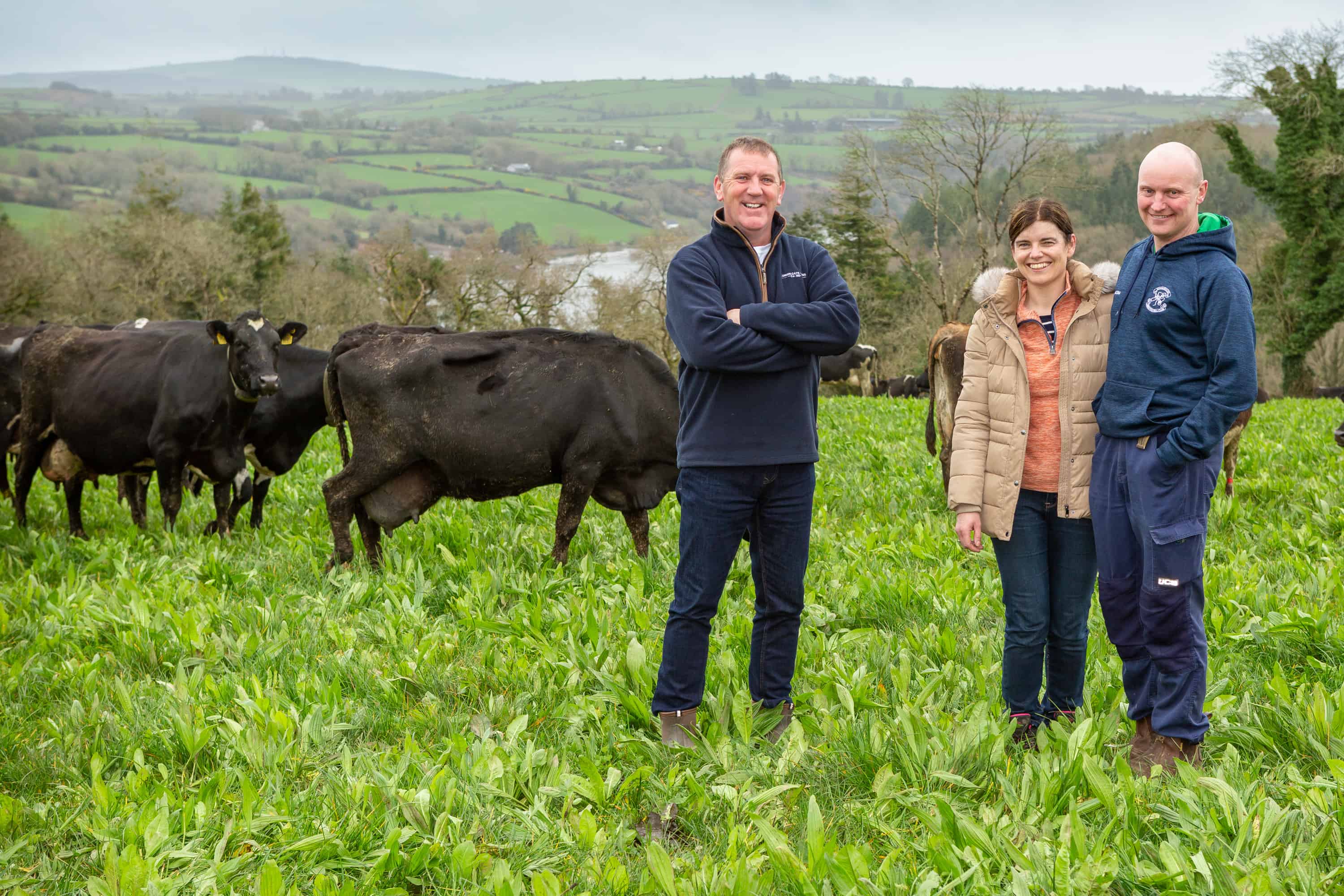By Zoë Kavanagh, CEO, NDC
Backed by 4,000 years of dairy history, today there are around 18,000 dairy farmers in Ireland. In the main a family enterprise, these farmers milk more than 1.5 million dairy cows daily to produce staples such as milk, cheese, cream, yogurt, butter and whey protein.
Dairy production also plays an important role in Ireland’s wider economy, supporting over 60,000 jobs – in rural, regional and urban areas throughout the country. Ireland’s dairy exports, famous for their premium quality, in 2019 were worth €5 billion to the Irish economy.
Ireland’s grass-based dairy system is a sustainable one – natural and cost-efficient, adding immense value to the Irish economy, Irish dairy production is considered the most carbon-efficient in the EU.
Naturally and Environmentally Sustainable
However, while our grass-based dairy industry is both economically and environmentally sustainable, Irish dairy cannot rest on its laurels when it comes to climate change. A progressive regime of initiatives continues to improve and reduce our carbon footprint.
Irish farmers recognise that their sector is the largest contributor to Irish greenhouse gas emissions (34% of the national emissions total in 2018) – although this reflects the absence of an Irish heavy manufacturing sector and the fact that, as a nation, we are significant exporters of agricultural commodities deriving from ruminant animals.
Still, it is clear that action is required, and dairy farming is committed to playing its part alongside the rest of Ireland Inc. At both a national and EU level, Ireland has committed to significantly reducing its carbon emissions and reductions in agricultural emissions will need to be part of the solution.
Commitments Made in the Climate Action Bill
The dairy sector is, however, keen that – in setting sector targets for emissions reductions – the government adheres to commitments made in the Climate Action Bill (Amendment) 2021 (CAB).
Amongst these are sustainability of food production (Article 2 of the Paris Agreement), the principle of carbon leakage (displacing dairy production to other nations with less efficient farming methods) and the essential differences between biogenic methane and carbon dioxide (cows vs cars).
Ireland’s dairy farmers are already playing their part in a national effort to address climate change, by creating a more sustainable industry and protecting rural biodiversity.
The good news is that a specific benefit of a pasture-based system and a focus on managing the land (hedgerows, clover, grass types) – the absorption and sequestration of society’s carbon emissions – has been acknowledged in the CAB and will be offset against the sector’s emissions targets.
Reducing Carbon Emissions
Ireland is already seeing the benefit of our farmers’ actions, with carbon emissions per kilo of milk reducing by nearly 10% between 2011 and 2019 and new science-based innovations providing dairy farming with new ways of reducing carbon emissions.
Farmers are incorporating clover into their grass management – to act as a natural fertiliser – and utilising lime to increase soil pH, thereby releasing more nitrogen naturally. Sustainability experts are working directly with them to improve water quality and looking at safe water management and control of nutrient loss.
Almost every dairy farmer in Ireland has been certified under the Bord Bia run Sustainable Dairy Assurance Scheme (Origin Green) for taking important steps towards improving sustainability.
Securing the Future of Ireland’s Dairy Sector
Irish dairy farmers want to develop their farming techniques so that they can ensure the sustainability of their farms for their future and that of their families. They want to play their role and are embracing the challenges and opportunities involved – be that through investment, through education or getting expert advice on the changes that are needed.
Irish dairy doesn’t expect it to be easy but, given the opportunity, there is a will to succeed by establishing best sustainability practices to secure the future of Ireland’s dairy sector for generations to come.
More information on ‘Irish Dairy, Sustainable Ireland’, can be found in the European Milk Federation’s publication of the same name.
